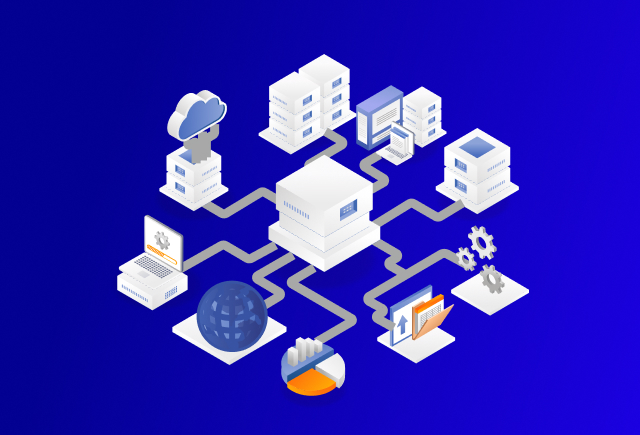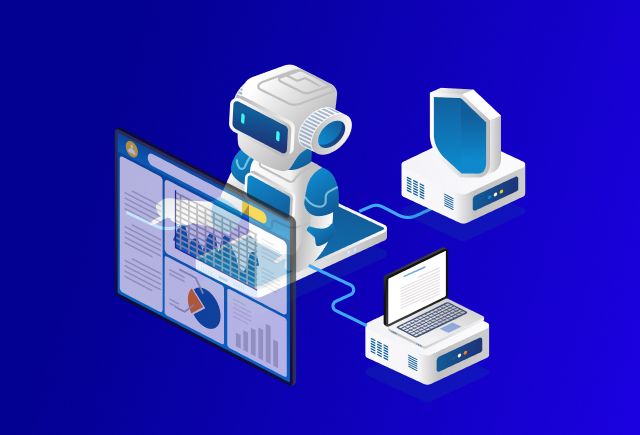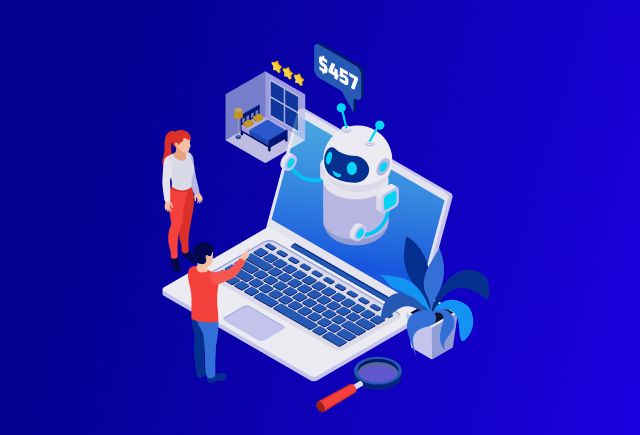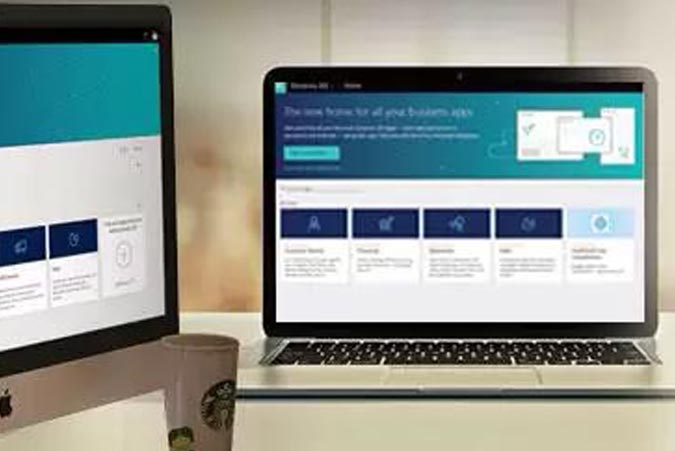RPA - The emergence of new job roles
Jan 30, 2017 Deb Sarkar
A few months ago I had written about the impact of RPA on traditional back-office and rule based activities performed by humans.
Key impacts evidenced in various industries and by analysts:
- Jobs that had been traditionally “out-sourced” or “off-shored” are brought “in-house” or “right-shored”. This is evident in many “off-shored” or “out-sourced” services being bought back “in-house” or moved back to developed countries and economies.
- The skill-sets needed for fulfilling the replaced jobs are not same as those that are being replaced. The new jobs are more to support and maintain the RPA system. As an example if the “bot” hits an error in the process, it alerts for human intervention, which requires a task to be performed by “specialized” human support, maintenance and QA – all of them being a new set of job roles.
Who benefits?
- Employers benefit from lower costs, higher efficiency and fewer errors. This savings in-turn can be invested to focus on better “customer experience activities” and a “customer centric” approach to business operations. In combination with Big Data, Business Analytics and Natural Language Processing, this will drive better customer services and lay the road-map for future “cognitive” technology implementations.
- Employees benefit from a new set of job roles that are specialized in nature and not “repetitive” in nature. There is ample scope for people to be trained on new analytics and data mining technologies that will help drive the future growth of individuals as well as organizations. More jobs will open up in areas of direct customer interaction hence providing better “customer experience” that machines cannot yet replicate in the near future.
The disruptions look scary and have a massive impact in the short term. However, newer sectors of job roles opening up will make it more interesting for workers and will also help organizations run better customer centric experiences.
We at Nalashaa, are trying to balance this disruptive changes for both our customers and the impacted employees. We advise our customers by conducting feasibility studies and pilots – with outcomes based to improve efficiencies and customer experience. This cannot be a FTE reduction exercise, it has to be a win-win for all to be effective.

Deb Sarkar
Deb has a strong background in IT services / Product development Sales, Delivery and Consulting. he has build IT outsourcing businesses across global customers in BFSI, Retail and Utilities. He is a bookworm, music lover apart from being travel and food crazy.







